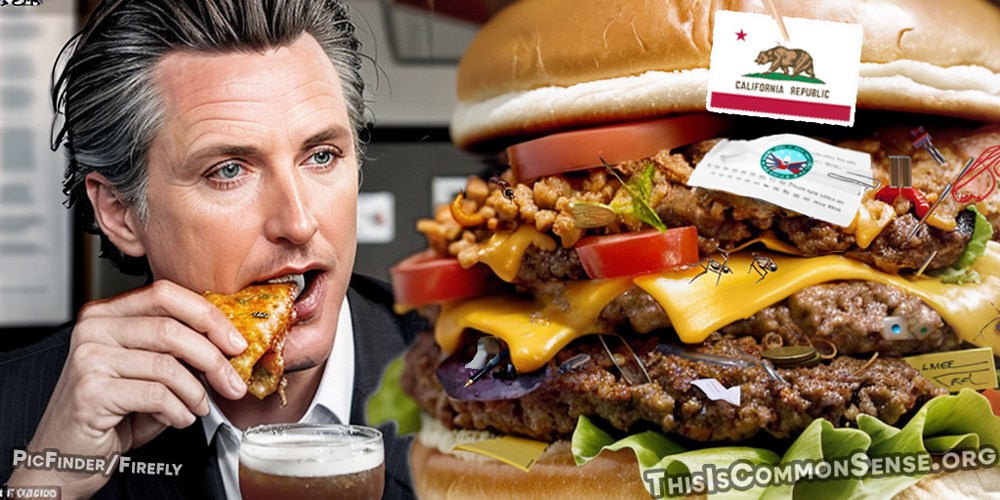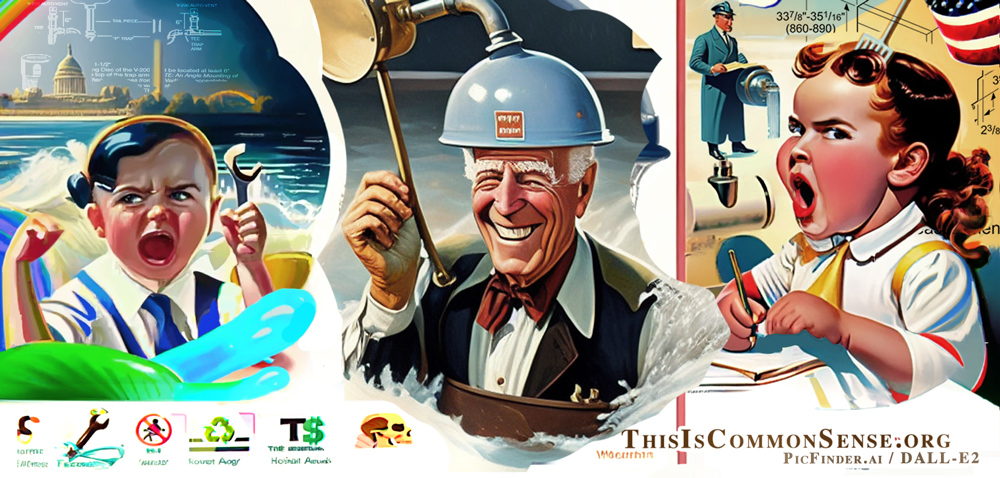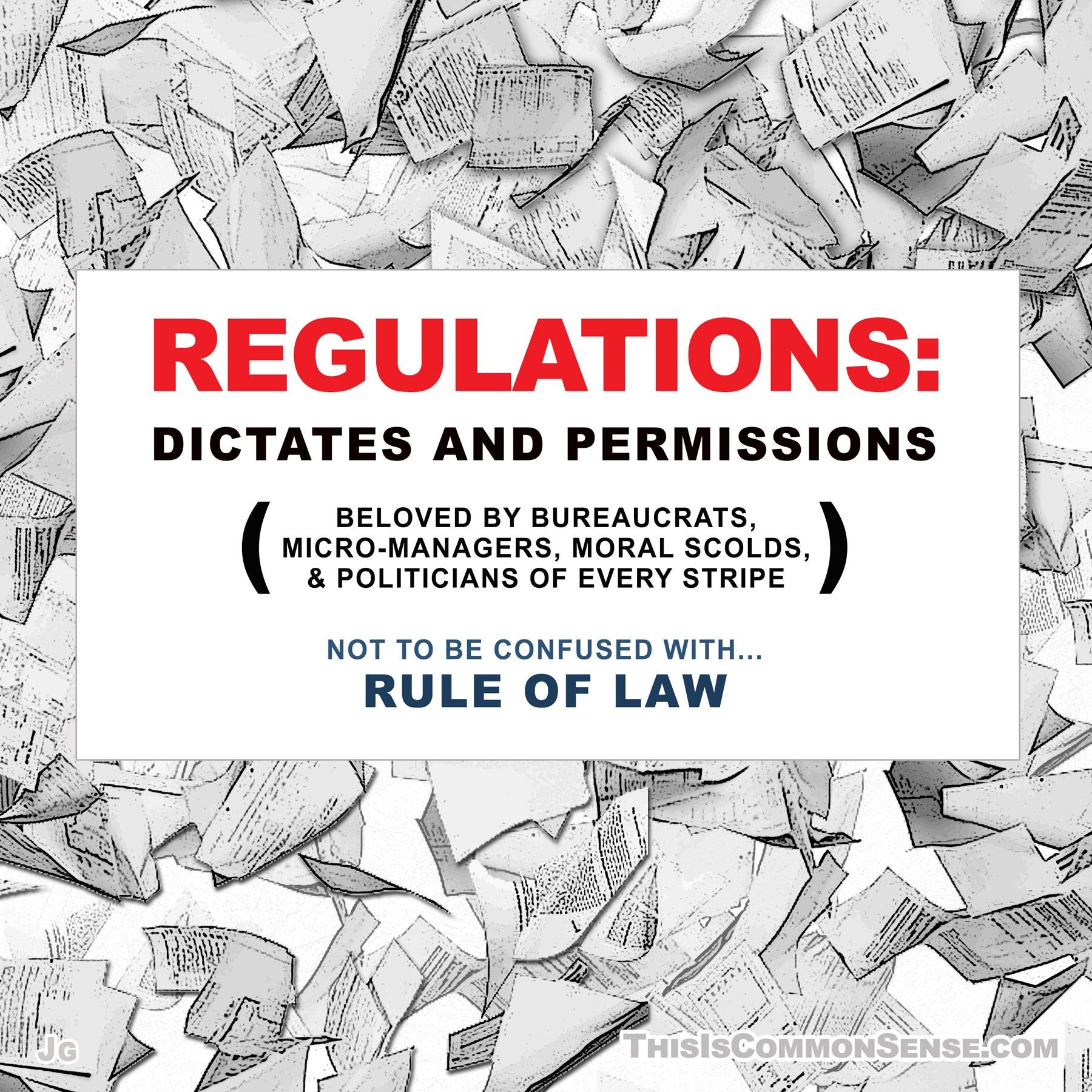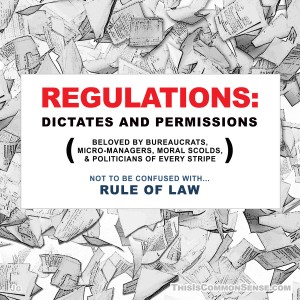“Get used to high egg prices,” The Atlantic blurbed Annie Lowry’s February 27 article, “it was a miracle they were low in the first place.”
Titled “It’s Weird That Eggs Were Ever Cheap,” it appears to have an agenda: prepare us for yet higher prices, or worse: no eggs.
“Consumers are furious,” explains Ms. Lowry, emphasizing that eggs are a very, very popular food. “Or at least they were, until a highly pathogenic form of bird flu spread to American flocks in 2022. Today, the Department of Agriculture is tracking 36 separate outbreaks across nine states. The disease has led to the death or culling of 27 million laying hens — nearly 10 percent of the nation’s commercial flock — in the past eight weeks alone.”
The culling of flocks — and which birds are selected — could potentially be the most controversial element of the story. Donald Trump, on the campaign trail last year, complained about the cull orders and promised to bring down egg prices fast.
But his administration’s new five point plan is no quick fix:
- subsidize on-farm biosecurity upgrades
- compensation to farmers forced to cull their flocks
- investing in bird-flu vaccines and therapeutics
- nixing some regulations
- increasing foreign imports.
That comes to $1.5 billion spending increases to lower egg prices!
But it was a jokey comment by USDA Secretary Brooke Rollins that sent Trump critics into paroxysms. “I think the silver lining in all of this is, how do we solve for something like this?” said the Department of Agriculture head. “And people are sort of looking around, thinking, ‘Maybe I could get a chicken in my backyard,’ and it’s awesome.”
Ha ha.
But taking the joke as a serious proposal? The yolk’s on them.
This is Common Sense. I’m Paul Jacob.
Illustration created with Krea and Firefly
See all recent commentary
(simplified and organized)
See recent popular posts
















